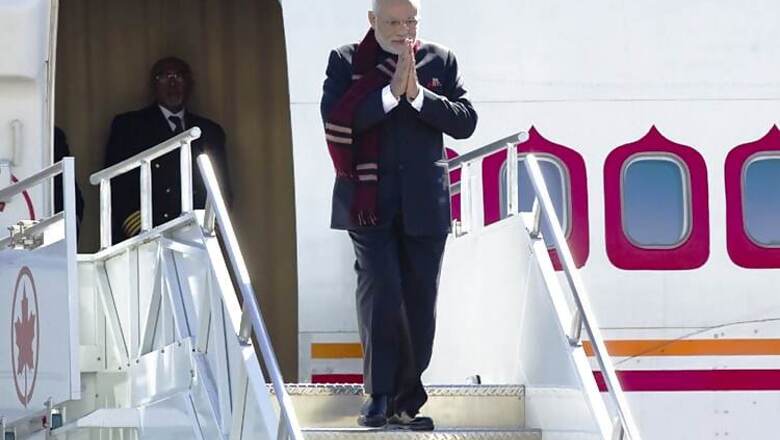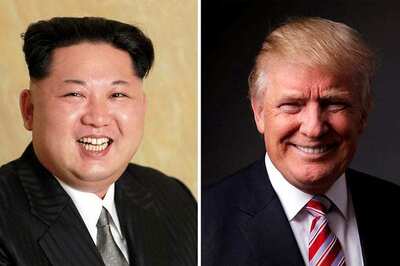
views
New York: Prime Minister Narendra Modi must signal that his government is not only committed to change, but is actually making the changes in the ecosystem needed for growth in trade, a top American advocacy group in the IT sector has said ahead of his visit to the Silicon Valley.
"In order for Prime Minister Modi to be successful in his mission to Silicon Valley, he will need to convince both the startup entrepreneurs, as well as some of the biggest names in technology, that India's global ranking as an innovative place to do business is on the rise," Joshua Rosenberg of the Information Technology Industry Council (ITI) said in a blog post on Thursday.
"Modi must signal that his government is not only committed to change, but is actually making the changes in the ecosystem at home which are needed to support this growth in trade, investment and innovation: the very same pillars he has recognised as critical to achieving his vision for India's development," he said.
Modi is the first Indian premier to visit the Silicon Valley and meet its top CEOs and visit the campuses of top IT giants including Facebook and Google.
As the Prime Minister visits the Silicon Valley with the objective of developing an eco-system of innovation and entrepreneurship in India, Joshua said lessons could be learned from India's previous technology revolution as much of India's success in software was because the industry grew faster than regulators could control it.
Besides regulatory uncertainty, other serious problems include India's failure to resolve serious tax issues or develop an adequate dispute resolution system, he wrote.
"In short, a large gap remains between Modi's vision and the follow through of the bureaucracy," he said.
Citing that India is poised to ratify the World Trade Organization's Trade Facilitation Agreement by November, he wrote, yet New Delhi continues to oppose any updates to the outdated products list under the WTO's Information Technology Agreement which eliminates customs duties on ICT and electronics products.
In fact, India has added a 10 per cent tariff to telecom products that falls under the existing ITA list. Besides, India's list of non-tariff barriers, including technical barriers to trade resulting from regulations impacting ICT, continues to grow.
These issues will not move India and the US in the right direction as they attempt to meet the mutual goal of growing bilateral trade to USD 500 billion, a five-fold increase, he added.




















Comments
0 comment